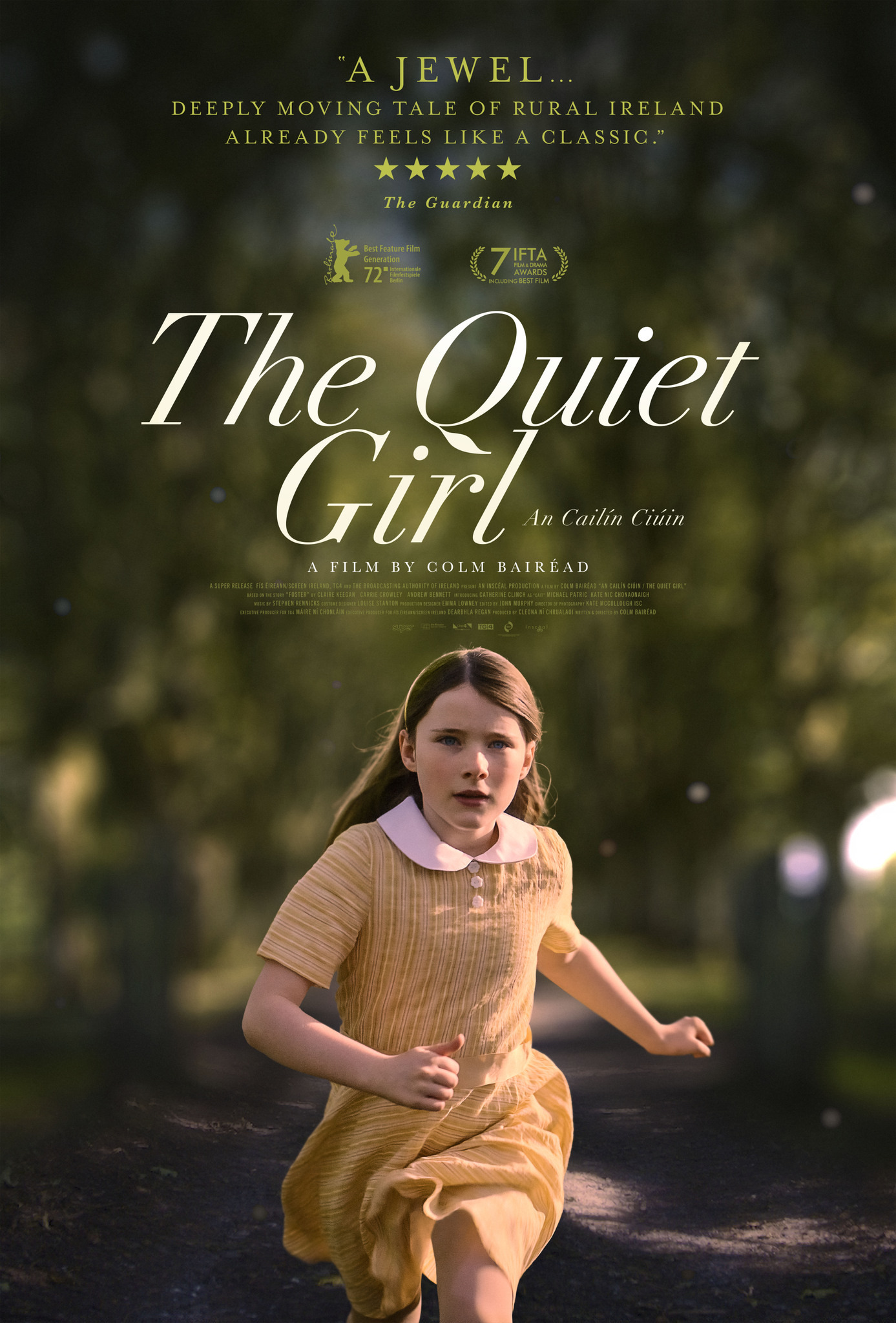In a magazine called The Point, Scott Sherman interviews Edwin Frank. Frank is the editor of NYRB Classics, which just gave me the best surprise I’ve had in a long time. It’s a pretty highbrow piece — lots of the references went over my head, but if you’re a nerd for old books, it’s absolutely worth a read.
He doesn’t pull his punches. Here he is talking about how the New York Times has started publishing fewer book reviews:
Notable, however, is that the Times has stopped doing regular reviews in the daily paper, and is now running listicles: Fifteen Spring Nonfiction Titles for Every Interest! Fifteen Novels to Read Now! … and the like. This is not criticism–what could it be called? A content alert?–and a climate where the “newspaper of record” no longer deems it worthwhile to feature some remote semblance of criticism is not a good one for literature.
This is a guy that understands the power of language. This jumped off the screen at me:
…when we meet words (phrases, etc., language at large), as much as people, that we know ourselves. It’s these words and visions that draw us into humanity and history.
Writers are not truth-tellers, they are witnesses to the event of their own gift, finally impersonal. Which consumes them. Which may sound romantic. It is, in fact, the least romantic thing in the world.
A lot of the books that he’s published are new translations of old work. Translation is a time-consuming and expensive art, especially when it comes to literature. Here’s his take:
The idea that for every word there is a precisely corresponding word in another language is nonsense…Should a translator from German to English seek to mimic the grammatically ordained placement of verbs in German? Obviously not. All these things must be differently conceived in the different medium that is a different language, and the translator who sets out to do her best to follow the bouncing ball of the original is making a challenging, and if she is talented as a writer of English, possibly interesting decision, but one that is, as a matter of sense and style, altogether arbitrary or at least wilful.
On the literary fetishism around translated work. Does the fact that something is translated into English mean it’s better than the average English work? He’s doubtful, especially with modern work:
I wondered if the MFA programs of the day, and the growth of what is beautifully called Globish, don’t focus budding writers’ attention entirely on the work of contemporaries and, since many students in the programs now come from abroad, on packaging their work in English, which ever more is the royal road to the world….That is the other side of the equation: that foreign readers are in a sense as prejudiced in favor of English as we are.
On cover design:
We have no art director. Together with my colleague Sara Kramer, I’ve been responsible for the cover art of all the books we’ve published over the last twenty years. It’s been one way of putting my otherwise pointless training as an art historian to use. It’s an enjoyable part of the job, even though the cover template for the Classics is a demanding, or really, forbidding one, since the cartouche reserved for the title and author squats in the middle of whatever image we choose, and finding an image that will hold its own is not always easy.
I don’t know if it’s really revealing, but I thought it was interesting that this found me the day I wrote about A Love Affair by Dino Buzzati. It certainly makes me even more keen to pick up books from that collection.






